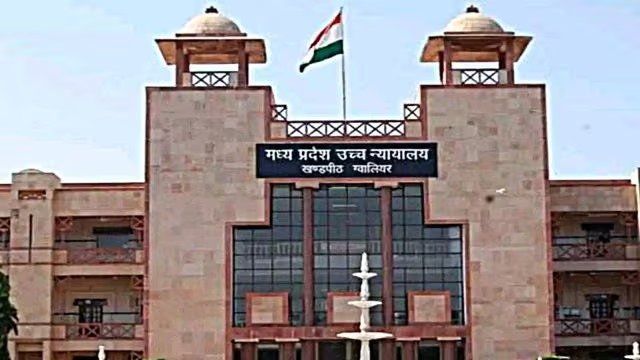Understanding Jain Community Divorce Rights
Members of the Jain community have recently sought justice from the Madhya Pradesh High Court after a family court in Indore denied them relief under the Hindu Marriage Act. The matter at hand revolves around the divorce rights of the Jain community, highlighting significant legal and cultural differences between Jainism and Hinduism.
Court Proceedings and Observations
First Additional Principal Judge, Dhirendra Singh, denied a divorce request from a couple practicing Jainism, citing that Jainism contradicts the fundamental Vedic traditions of Hinduism. He stated, “Jainism is a religion that opposes the fundamental Vedic traditions and beliefs of Hinduism and is not based on Vedic tradition, whereas Hinduism is entirely rooted in Vedic tradition.”
Pankaj Khandelwal, the lawyer representing one of the petitioners, revealed to The Indian Express that approximately 28 similar petitions have faced dismissal by the family court and are now under appeal. The recent developments prompted a High Court Bench, including Justice Vivek Rusia and Gajendra Singh, to appoint a senior advocate as an amicus curiae to assist the court. They noted that the family court had finalized multiple petitions under Section 13-B of the Hindu Marriage Act, which addresses divorce by mutual consent. The High Court restrained the family court from dismissing further petitions on this basis until a decision is reached.
Legal Implications of Jain Community Divorce Rights
Khandelwal argued that Jainism lacks its own enacted personal law. Denying divorce rights under Hindu law would leave Jain followers without a judicial forum to assert their statutory rights in marital disputes. The family court examined if minority community followers could receive relief under the Hindu Marriage Act, emphasizing the differences between Jainism and Hinduism.
The court pointed out that while Hinduism includes various castes and classes, Jainism does not recognize such divisions. It elaborated on the foundational texts of both religions, indicating that Jainism embraces distinct sacred texts like the ‘Agamas’ and ‘Sutras’, unlike Hinduism, which regards the Vedas and Upanishads as sacred.
Cultural Differences in Marriage Practices
The court underscored the contrasting views on marriage between the two religions. In Jainism, the primary purpose of marriage is to ensure the continuity of humanity related to the religion. In contrast, Hinduism views marriage as a sacred religious sacrament. This distinction raises questions about the applicability of Hindu marriage laws to Jain individuals.
Historically, followers of Jainism have sought recognition as a minority religious community since 1947. The Central Government acknowledged Jainism as a minority community in 2014, affirming their constitutional right to practice their beliefs. The court stated that compelling Jain followers to adhere to Hindu laws, which fundamentally oppose their beliefs, amounts to a violation of their constitutional rights.
Conclusion
The ongoing discussions surrounding Jain community divorce rights highlight the need for clarity and legal recognition of Jainism in marital law. As this situation develops in the Madhya Pradesh High Court, it serves as a crucial case study of how minority rights are interpreted within the Indian legal framework. For more information on similar legal matters, you can visit The Hans Bharat. Additionally, for insight into the judicial structure in India, refer to the High court.

